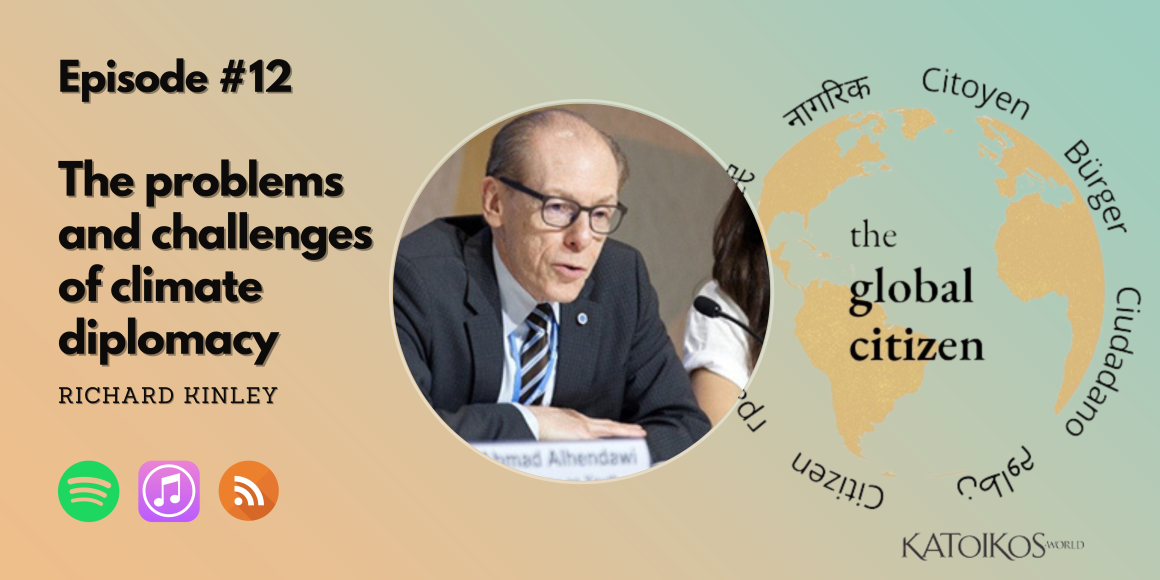Since the beginning of our species, the one key factor that has allowed us to survive and thrive is the ability to communicate. With advanced communication comes advanced cooperation – enabling us to achieve feats much greater than any human can pull off alone. This critical skill has helped us with everything from surviving in prehistoric jungles to repairing the ozone layer – and it is now more important than ever.
Today, our ability to communicate and cooperate is being tested, as we’re facing arguably the biggest challenge we’ve had to deal with so far: catastrophic climate change. Surviving this cataclysmic event requires effective teamwork. To figure out a collective solution, the international community has created the UNFCCC – the flagship UN agency for dealing with climate change. In the Conference of the Parties (COP) of the UNFCCC, the nations of the world confer with each other and make cooperative pledges to reduce emissions and transition to a sustainable future. But is that enough?
My guest for today is Richard Kinley, a retired senior official of the UNFCCC with more than 25 years of experience. He kindly joined me on the show to give me an insider view of this quintessential global forum. We talked about his experience in the UNFCCC and the COPs, the biggest challenges he and his colleagues faced during their active years, and how multilateralism itself has evolved since the beginning of the COPs in the mid-90s.
We also discussed whether the international community is doing enough to address climate change, the unfortunate lack of political will in national politics, and outlooks for the future of climate diplomacy.



